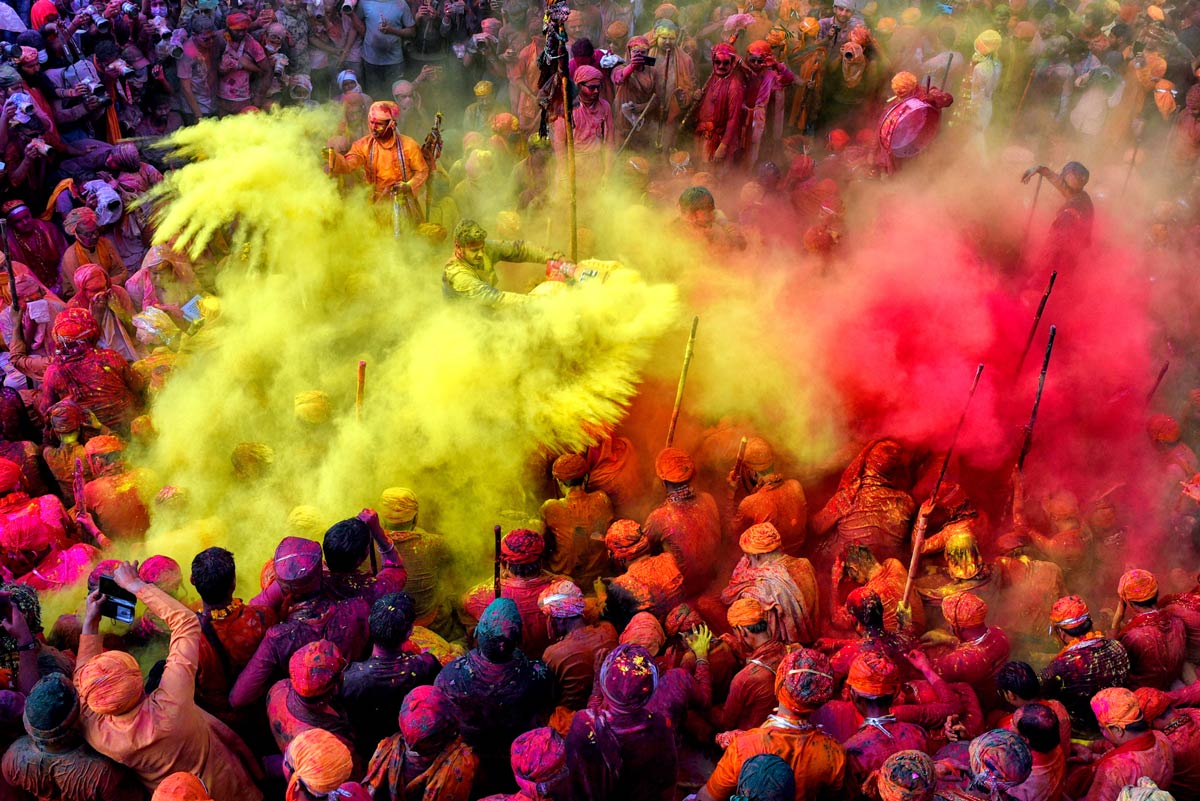Introduction:
The proposal to hold a vibrant cultural festival celebrating the diversity of our neighbourhood in the local community centre is an endeavour of great promise and significance. In today’s increasingly interconnected world, the celebration of cultural diversity is an imperative that promotes understanding, acceptance and appreciation among communities. This report aims to explore the potential benefits and challenges of organising such an event. By showcasing the myriad traditions, customs and experiences within our community, the festival promises to serve as a beacon of inclusivity, unity and celebration. As we embark on this journey, it is imperative that we navigate the complexities with care, sensitivity and a shared commitment to creating an event that embodies the spirit of our diverse neighbourhood.
Benefits:
Promotion of Cultural Understanding and Appreciation:
A cultural festival provides a platform for residents to learn about and appreciate the customs, cuisines, arts and traditions of the different cultures represented in our neighbourhood. This fosters a sense of inclusion and understanding among community members, promoting harmony and respect.
Strengthening Community Bonds:
Hosting a cultural festival encourages social interaction and networking between residents, bringing people together regardless of their cultural background. It provides an opportunity for individuals to make new friends and strengthen existing community bonds, contributing to a more cohesive and supportive neighbourhood.
Challenges:
Cultural Sensitivity and Representation:
Ensuring cultural sensitivity and respectful representation of all participating communities is essential to avoid unintentional offence or misrepresentation. Careful consideration must be given to programming, performances and cultural displays to ensure they accurately reflect the diversity of our neighbourhood and avoid perpetuating stereotypes.
Inclusivity and Accessibility:
Efforts should be made to ensure that the cultural festival is accessible to all members of the community, including people with disabilities and those from marginalised backgrounds. The provision of accommodations such as wheelchair access, interpretation services and inclusive programming is essential to promote inclusivity and participation.
Conclusion:
In conclusion, while organizing a cultural festival celebrating neighborhood diversity offers numerous benefits in terms of promoting understanding, fostering community cohesion, and stimulating economic activity, it also presents challenges related to logistics, cultural sensitivity, financial resources, and inclusivity. By addressing these challenges proactively and leveraging community engagement and collaboration, the cultural festival has the potential to become a cherished annual tradition that reflects the vibrancy and unity of our neighborhood.

